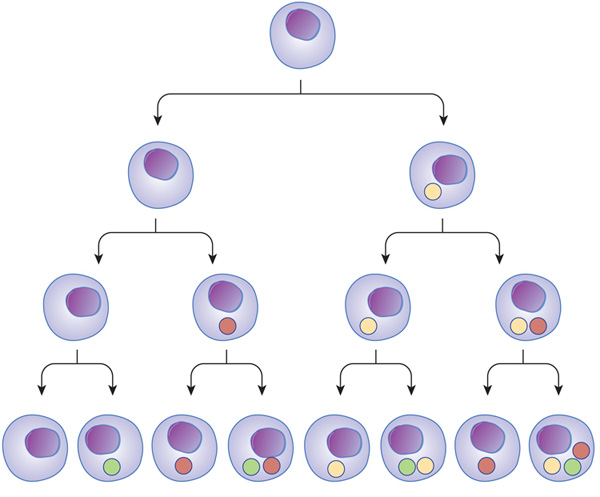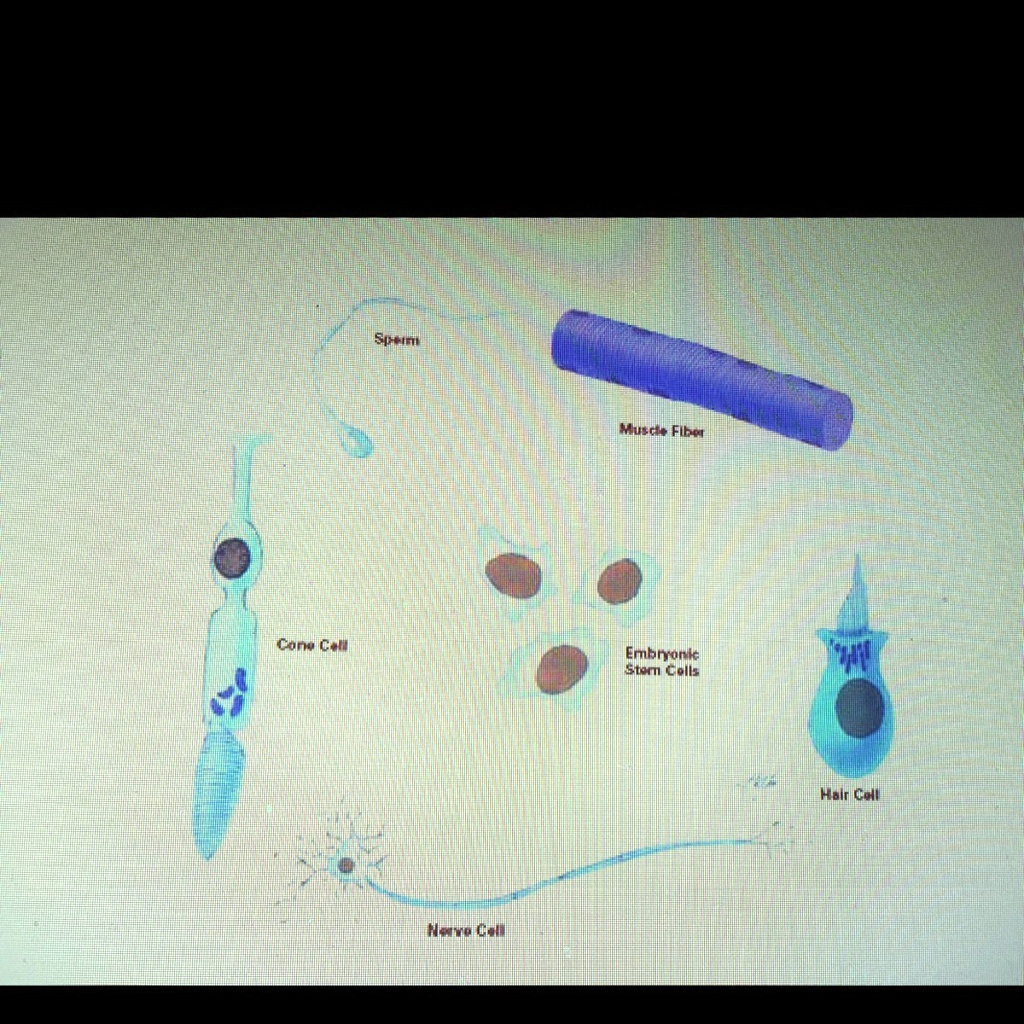Cells Become Specialized by a Process Known as _____.
Prokaryotes include bacteria and archaea two of the three domains of lifeProkaryotic cells were the first form of life on Earth characterized by having vital biological processes including cell signalingThey are simpler and smaller than eukaryotic cells and lack a nucleus and other membrane-bound organellesThe DNA of a prokaryotic cell consists of a single circular. Hilde Mangold was a PhD candidate who conducted the organizer experiment in 1921 under the direction of her graduate advisor Hans Spemann at the University of Freiburg in.

Unit 2 Module 1 Pre Quiz Flashcards Quizlet
They are totipotent meaning they can become any cell in the body.

. The daughter cells it creates will also be very generalized. Hematopoietic stem cells are the most widely known example. The Spemann-Mangold organizer also known as the Spemann organizer is a cluster of cells in the developing embryo of an amphibian that induces development of the central nervous system.
During the embryonic development cell specialization occurs mainly due to cell signaling of cytoplasmic determinants. There are four common materials used to make thin-film PV cells. They have many possible uses in science and medicine.
Adult stem cells called somatic stem cells are derived from a human donor. Much slimmer lighter-weight solar cells that are often flexible while still remaining durable. Once they have received an antigen the cells become specifically tailored to eliminate and inhibit the pathogens or pathogen-infected cells that express that antigen.
This is because the manufacturing process for a polycrystalline cell is simpler and requires fewer specialized processes. Cell specialization in both development stages is described in this article. These cells are known as stem-cells.
In sexual reproduction a specialized type of cell division. T cells and B cells irecognize specific non-self antigens during a process known as antigen presentation with MHC class II usually done by dendritic cells. Stem cells are basic cells that can become almost any type of cell in the body.
Cell growth and differentiation are the mechanisms by which a fertilized egg develops into a complex organism. During adult development the stem cells become specialized to various types of stem cells mainly due to the regulation of gene expression. This single parent cell is completely unspecified.
This process repeats continually as the embryo grows and eventually the cells start to differentiate into more specific body parts. Human stem cells can come from an embryo or an adult human. This process of differentiation allows the body to form specialized cells that perform diverse functions even though they are all descended from a single cell the fertilized egg.
Scientists have found somatic stem cells in more tissues than was once imagined including the brain skeletal muscle skin teeth heart gut liver ovarian cells and testis. Thin-film solar cells are what they sound like. Page 146 Share Cite.
Somatic Stem Cells.

3 6 Cellular Differentiation Anatomy Physiology

Cell Differentiation Tissue Learn Science At Scitable

Solved Cellular Differentiation Is The Process By Which A Less Specialized Cell Becomes A More Specialized Cell Type This Process Is Controlled By A Temperature B Respiration C Gene Expression D Sensory Neurons

Comments
Post a Comment